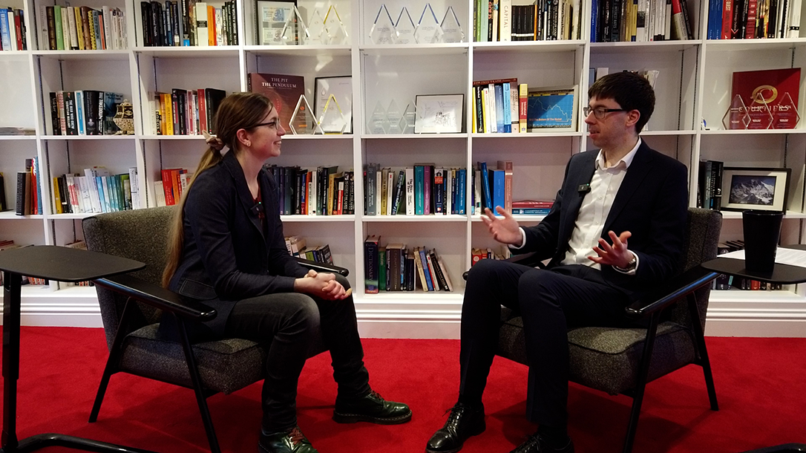Inflation woes and disappointing economic data resulted in global equity markets faltering in September, with the MSCI World local currency index posting its first negative monthly return in since January. The latest jobs data from the US revealed that August had seen the smallest rise in employment for seven months, with the spread of the delta variant impacting the leisure and hospitality industries. Inflation meanwhile remains high at 5.3% according to the US Consumer Price Index.
Full round-up of September’s performance
In the UK, the latest Bank of England monetary policy meeting resulted in the base interest rate staying put at 0.1%. However, the vote to maintain the Bank’s government bond purchasing at its current level was not unanimous. This prompted speculation that Central Bank stimulus would decline sooner than expected, and gilt prices fell as a result. The yield on the 10 year UK gilt rose to its highest level since May 2019.
Here is the full round-up of September market performance. In the UK, the FTSE 100 index slipped 0.16%, while medium and smaller companies, measured by the FTSE 250 ex IT index and the FTSE Small Cap ex IT index respectively, declined 4.56% and 2.70% respectively. In the US, the S&P 500 USD index dropped 4.65% while in Europe the Eurostoxx 50 EUR index lost 3.37%. Japanese stocks measured by the Topix JPY index gained 4.36%.
Emerging markets had a negative month, with the MSCI Emerging Markets index losing 2.78% in local currencies. Chinese equities measured by the MSCI China local index fell 4.96% while Latin American equities, measured by the MSCI Latin America local currency index, slumped 5.90%. Indian stocks on the other hand rose 2.84% according to the Nifty 50 INR index.
In the fixed income market, UK government bonds, measured by the FTSE Gilts All Stocks index, were down 3.70%, while long dated (over 15 years to maturity) gilts sank 6.49%. Sterling denominated corporate bonds, measured by the Markit iBoxx Sterling Corporates index, conceded 2.30%. In the high yield market, the Bank of America Merrill Lynch Sterling High Yield index crept up 0.05%.
Commodities had a mostly positive month. The S&P GSCI USD index, which consists of a basket of commodities including oil, metals and agricultural items, gathered 6.03%. This was led by the rise in oil price, as crude oil futures rose 9.53% during the month. In the agricultural markets, corn and wheat futures picked up 0.51% and 2.65% in USD respectively. However in the precious metals markets, the S&P GSCI Gold and Silver indices declined 3.36% and 8.16% in USD respectively.
In the currency markets, it was a weak month for the pound as it depreciated 2.04% against the dollar, 0.08% versus the euro and 0.91% against the yen.













